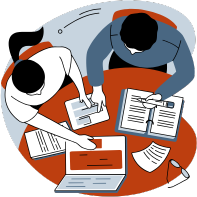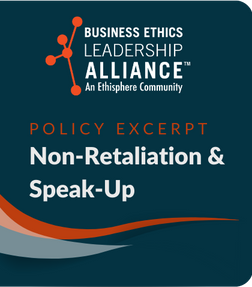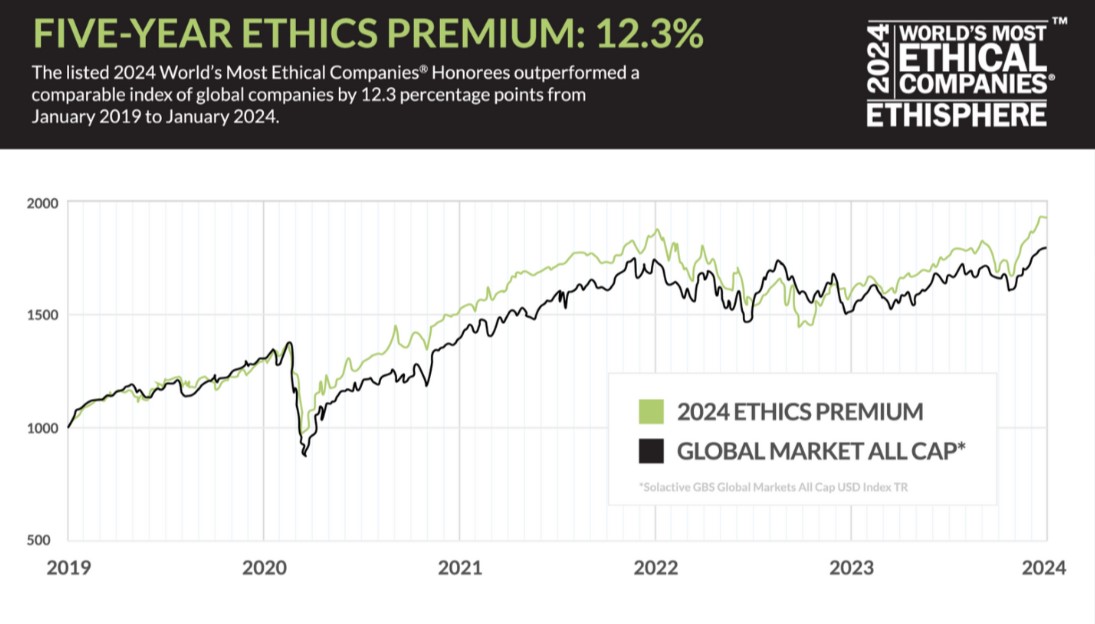Not only are certain forms of retaliation illegal, but even the fear of retaliation can have a chilling effect on employees’ willingness to report misconduct.
With the launch of the new Department of Justice Corporate Whistleblower Program in August of 2024, it should not be a surprise that in the DOJ’s latest update on the Evaluation of Corporate Compliance Programs (ECCP) they introduced new language regarding how companies protect those who speak up against misconduct.
The Department recognizes that an anti-retaliation policy is one of the most useful whistleblower protections a company can use to create an environment where employees feel comfortable raising their hands when they have a concern. Specific to this latest update, the Department has now included questions about:
1) Does the company have anti-retaliation policy;
2) Does the company train employees on both internal and external anti-retaliation and whistleblower protection policies, procedures, and laws;
3) Are employees who report misconduct treated differently than others who were involved but did not report?
It’s clear that the first question above is at the front of E&C leaders minds given the questions we received during our live webinar on the ECCP update last week such as:
- Would combining the Anti-Retaliation Policy with the Speak-Up policy be appropriate?
- Do you also see companies have a stand-alone Speak-Up policy and is this separate from or the same as the Anti-Retaliation policy?
- Is it advisable to have a standalone Anti-Retaliation policy or can it be incorporated into a broader code of conduct?
Let’s address these questions and more below.
Why it is anti-retaliation policy important and how to craft a good one?
Not only are certain forms of retaliation illegal, retaliation, or the fear of it, has a chilling effect on an employee’s willingness to come forward to report misconduct concerns.
Among Ethisphere’s Culture Quotient® database of more than 3 million employee responses, we see 92% of employees are hypothetically willing to report a misconduct issue or concern, and yet of those employees who reported witnessing a concern in the most recent 12 months, only 50% actually reported it. When asked why they didn’t report, the top two reasons given were fear of retaliation (48%) or that nothing would be done about it (49%).
While many company codes of conduct may include a company’s commitment to non-retaliation, the DOJ guidance clearly points toward companies having a policy – whether that policy is a standalone document or included as part of a broader speak-up policy. A mention in the Code will not be sufficient. Codes are meant to be broad, aspirational, and values-based. Codes may describe basic standards for what will and won’t be tolerated as far as behavior, but not to the degree found in a topic specific policy. And, yes, you can have a single policy that covers both anti-retaliation and speak-up in its scope, as long as it is specific and more than a mention that “retaliation will not be tolerated”.
When it comes to crafting an anti-retaliation policy, keep in mind that the types of adverse or retaliatory behavior that employees report experiencing is not necessarily what lawyers have been trained to think of as illegal retaliation. It is not always a tangible employment action, but things like ostracism – being cut off from team meetings, not asked for input on projects, – that employees report facing most often as types of retaliation.
An anti-retaliation policy should cover actions that include what we might think of as illegal retaliation and also retaliatory actions that do not fit a legal definition. The policy should cover illegal and adverse employment forms of retaliation such as, failure to promote, reduction in scheduled hours, or termination, as well as more subtle forms of retaliation like transferring the employee to a different or lessor position, hostile or intimidating treatment, or ostracizing treatment by colleagues or managers.
Compliance DOJ ECCP GUIDANCE
Get access to Expert Insights and Fortune 500 Program Templates and Examples for today’s top risk areas.
Request Guest Access⟶
“Managers are in a unique position to see signs of retaliation, and as such they should be on the lookout for adverse actions when one of their employees raises a concern or reports misconduct. Managers can also help prevent retaliation by reiterating this policy against retaliation. Make it clear to all members of the team or function that retaliation is not tolerated and that taking adverse action against an employee that reports misconduct in good faith—even if that report turns out to be unsubstantiated—can result in consequences.” – Erica Salmon Byrne, Executive Chair and Chief Strategy Officer, Ethisphere
All of Ethisphere’s recommendations for policy best practices would apply to an anti-retaliation policy. Write the policy so that all employees understand the company’s position, compliant and non-compliant behaviors are clearly communicated, and that all managers know what to do and not to do in carrying out their role.
The policy should:
- Use language that is easy to understand. The language used should be simple and clear, as employees may not be experts in the subject. Avoid overly technical or legal language.
- Provide examples to illustrate points and define key terms. Give employees guidance that helps them do the right thing.
- Provide role specific guidance as needed. Expectations for individual contributors may be different from those of people managers. Distinguish between requirements for compliance with the policy based on role.
- Define consequences for non-compliance with the policy. Consequences for non-compliance could include a range of remediation or disciplinary measures, and clearly stating them enforces the position that the company takes these actions seriously.
- Be easily findable and accessible, including available in relevant languages, and culturally aligned or localized with the regions in which employees reside.
- Use active voice to improve clarity when possible. In active voice, the subject of the sentence is performing the action. In passive voice, the action is performed on the subject, or the subject may be omitted entirely. Keep the use of passive voice to no more than 20%.
- Keep the reading level under grade 14 (a college sophomore) or use a grade level that makes sense for the organization. It should be at or below the average level of education for employees. To lower the grade level, break long sentences into shorter ones, use shorter paragraphs, and include bulleted or numbered lists.
- Refer to the organization in a consistent manner. Choose one way to refer to the company and stick with it throughout all written standards. This may be “the Company,” “ABC,” “ABC Company,” or something similar.
- Ensure that the language used aligns with the purpose of the written standard. Use “we” language when discussing shared responsibilities and values, such as, “We all have a responsibility to raise issues of concern in good faith.” Use “you” language when providing actionable guidance, such as, “You should contact your manager, HR, or the Ethics Hotline if you experience or witness retaliation.”
Communications and training on the anti-retaliation policy
Training arms employees with the information they need to do their jobs correctly. Communications keep that training and your expectations top of mind. In addition to communication specifically about the anti-retaliation policy, include a reference to the policy in employee communications about your investigations process, especially as part of any guidance or resources you provide to those individuals who report concerns.
The goal of your training program should be to communicate a zero-tolerance message and to
make your employees and others aware of three key concepts:
- What conduct is prohibited and why.
- How they may encounter retaliation.
- How to respond if they do.
Tailor your training. While all employees should receive basic anti-retaliation training, it is important to customize training to individual employees and people managers.
It is important that managers receive training on anti-retaliation not only to avoid and recognize prohibited actions but to support their employees as well. Managers are a valuable resource for ethics and compliance. They can help reinforce messages and policies and be a resource for those who want to raise a concern or ask a question.
Business Ethics Leadership Alliance (BELA) Member Template Example
BELA Members have exclusive access to Ethisphere’s library of sample policies and resources across programmatic elements and areas detailed in the DOJ’s ECCP guidance. Check out this excerpt from our model Anti-Retaliation Policy, and request guest access to the BELA Member Hub to see others.









